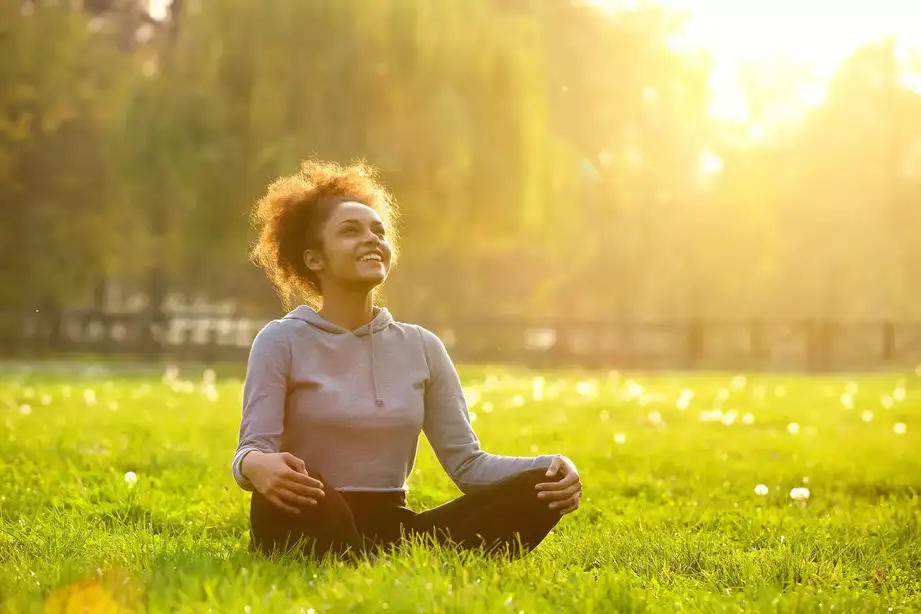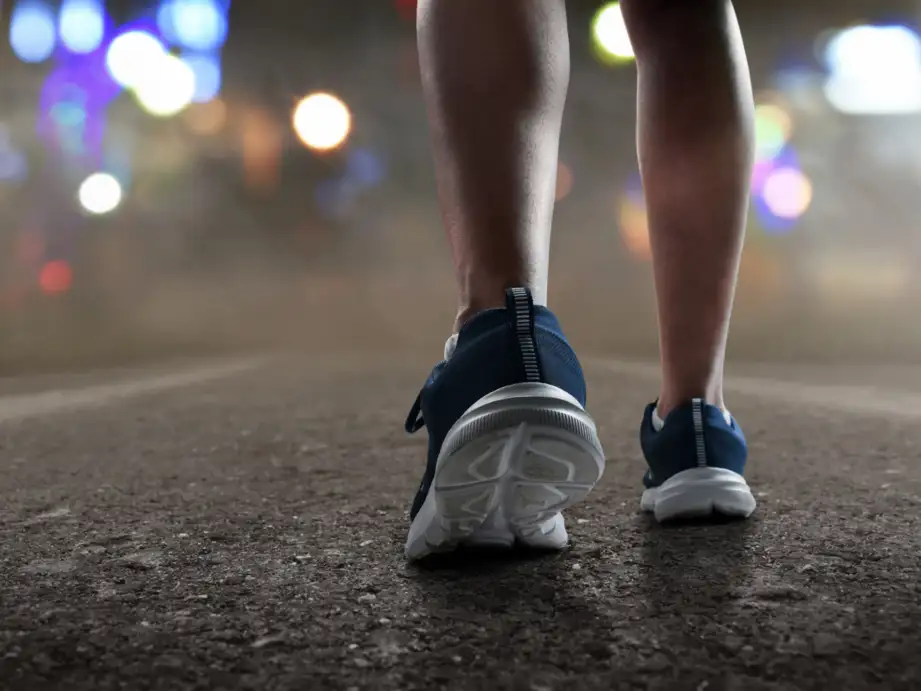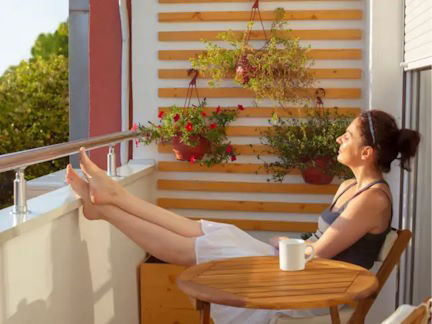In an era where wellness often feels like a competitive sport—think cold plunges, IV drips, and infrared saunas—a quieter revolution is taking shape. It’s called biohacking, but not the tech-bro kind. This version is simple, accessible, and science-backed—and it might just add years to your life.
“People want to live longer, yes, but more importantly, they want to live healthier for longer,” says Dr. Melissa Young, a functional medicine expert at the Cleveland Clinic. In other words, it’s not just about lifespan—it’s about healthspan.
According to a report in Women’s Health, small, intentional changes to your daily routine can boost energy, reduce stress, and support longevity—without a subscription to high-end wellness fads. As Dr. Alicia Robbins, an ob-gyn certified in lifestyle medicine, puts it: “We forget about the simple strategies, but we can get more benefit from them than we realize.”
Take a Break, From Food
Before you skip meals or join the latest fasting craze, know this: a 12–14 hour overnight fast is often enough to allow your body to do important maintenance. This mild version of intermittent fasting promotes autophagy—a cellular cleanup process that clears out damaged cells to make room for newer, healthier ones.
Dr. Young recommends simply “closing the kitchen” after dinner until breakfast the next day. This practice also supports metabolic health, reduces insulin resistance, and gives your digestive system a much-needed rest.
Reset with Rhythmic Breathing
Stress is more than an emotional burden—it’s a biological accelerator of aging. Dana Ellis Hunnes, PhD, a senior clinical dietitian at UCLA Medical Center, learned this firsthand after burnout hit hard. Her fix? Intentional time-outs and something called cardiac coherence breathing.
This involves inhaling through your nose for five seconds, then exhaling through your mouth for another five. Just a few minutes a day of this mindful practice can lower stress hormones and help you reset emotionally—without needing a yoga mat or retreat.

(iStock: Intentional time-outs)
Get Outside First Thing
Morning sun might sound like a luxury, but it’s actually a critical signal for your body’s internal clock. Preventive cardiologist Dr. Lauren Dal Farra swears by 10–20 minutes of sunlight within an hour of waking up. Even on cloudy days, natural light supports your sleep-wake cycle by triggering the release of cortisol in the morning and melatonin at night.
One study cited in the Women’s Health report found that morning sunlight improved sleep duration, quality, and helped reduce nighttime waking. Plus, sipping your coffee outside beats scrolling through your phone any day.
Feed Your Cells with Color
“Eat the rainbow” may sound like a children’s nutrition slogan, but it’s a powerful longevity tool. Vibrant fruits and vegetables are packed with antioxidants and polyphenols—natural compounds that reduce inflammation and neutralize free radicals linked to aging and chronic disease.
Dr. Young explains that these choices can even influence gene expression. The best part? You don’t have to force down kale or quinoa. Find what you enjoy—broccoli, berries, sweet potatoes—and let your tastebuds lead the way.
Move Like It Matters Because It Does
You don’t need a boutique gym membership to protect your brain and body. A simple daily walk can support joint mobility, digestion, bone strength, and mental well-being. But the benefits don’t stop there.
Studies published in Alzheimer’s & Dementia link regular walking to a reduction in amyloid plaques and preservation of cerebral cortex thickness—both key indicators in staving off cognitive decline. In short, walking isn’t just cardio—it’s a full-body investment in your future.

(iStock: A simple daily walk can support joint mobility, digestion, bone strength, and mental well-being)
Try Something That Scares You
Preventive cardiologist Dr. Danielle Belardo tried ballet for the first time in her late 30s—and found not only fitness gains, but mental and social ones, too. Challenging yourself to learn a new skill—whether it’s calligraphy, dance, or even gymnastics—stimulates the brain, builds confidence, and strengthens community.
“It's never too late to try something new,” says Dr. Belardo. The novelty keeps you sharp, the social connection keeps you grounded, and the physical effort keeps you strong.
The Real Meaning of Biohacking
Forget raw liver and 4:30 a.m. wake-ups. Real biohacking, according to Dr. Young, is about small, sustainable habits that optimize your health over time. “These practices help you live not just longer, but better—without chronic conditions,” she says.
So, if you're tired of the pressure to do all the things, start with a few that feel doable. Step outside in the morning sun. Breathe deeply. Take a walk. Give your body a break from midnight snacks. These back-to-basic biohacks may not trend on TikTok—but they’ll work quietly in your favor for years to come.











